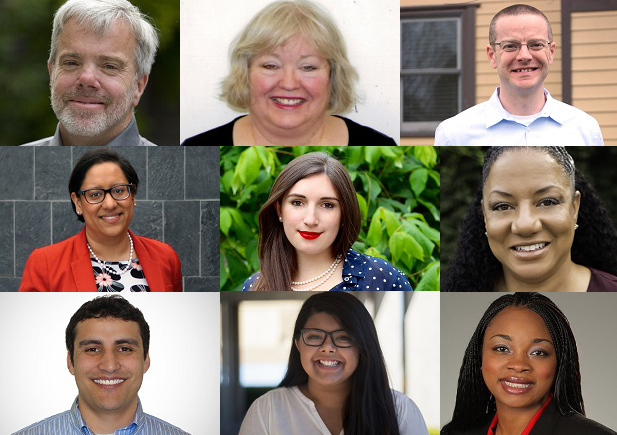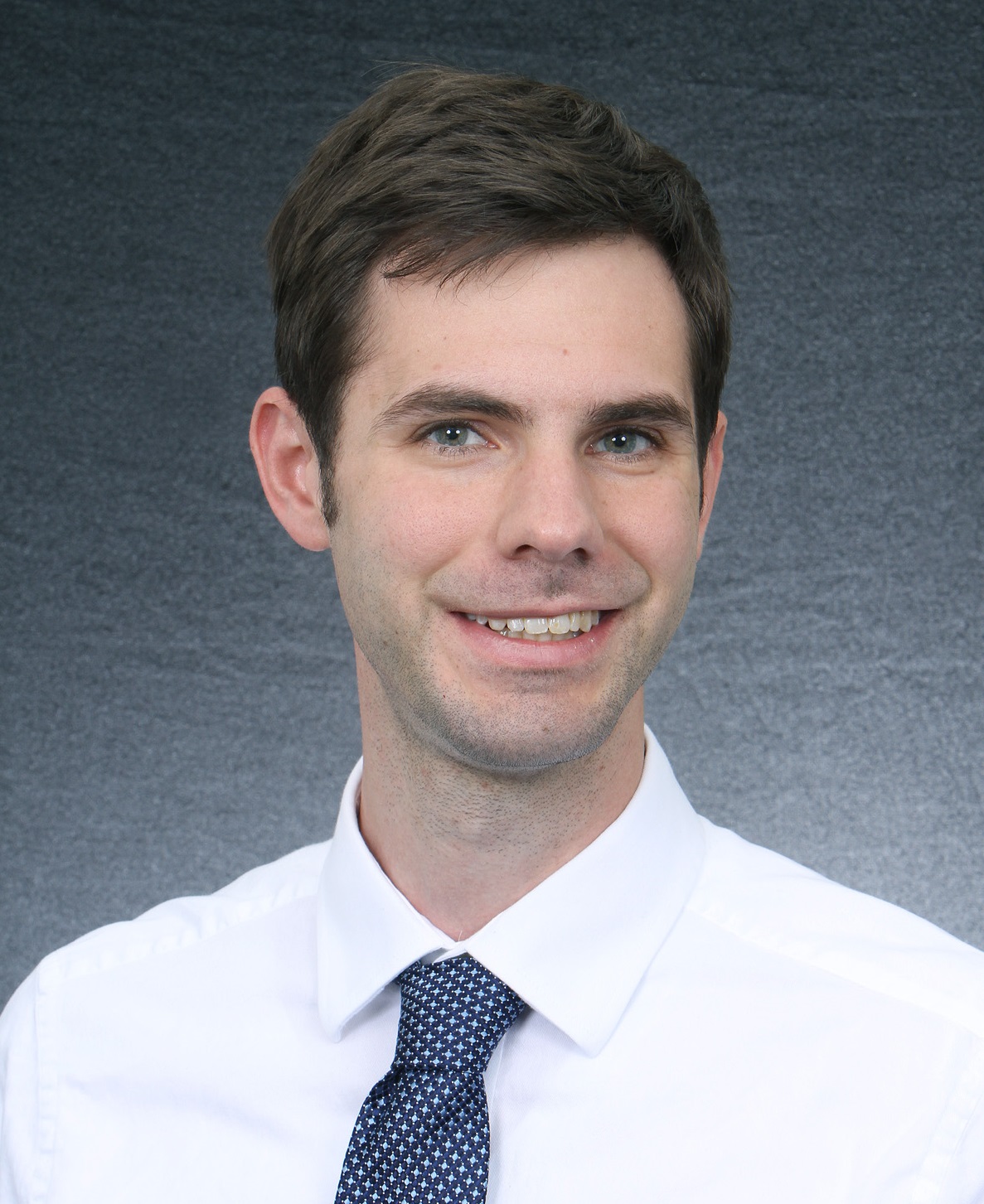An undercover investigation of for-profit colleges by the Government Accountability Office found that representatives of four of the 15 colleges surveyed enticed its agents to submit false financial information in an effort to qualify for federal grants or loans.
The report, released today in advance of a Senate committee hearing tomorrow, states that the GAO plan to turn over information about colleges that made these and other misrepresentations to the U.S. Education Department’s Inspector General for possible further action.
None of the schools from which the undercover agents sought information was identified by name, only by the state in which the school is located and whether it is owned by a private company or a publicly traded corporation.
In each of the four cases considered fraudulent, the undercover applicant claimed to have received a recent inheritance of $250,000, which easily would have paid for the planned schooling. In all four cases, according to the report, “campus representatives encouraged the undercover applicants to take out loans and assisted them in becoming eligible either for grants or subsidized loans.”
Sen. Tom Harkin (D-Iowa), chairman of the Senate Health, Education, Labor and Pensions Committee, requested the investigation and will preside over a Wednesday hearing about the schools’ recruiting practices, part of a series of hearings on for-profit colleges.
There are about 2,000 for-profit colleges in the United States and while they enroll less than 10 percent of all college students, those students received about a quarter of the federal aid, about $24 billion in the 2008-9 school year. Though some of the schools are owned by large publicly traded corporations, if for-college students default on their loans – and they do at a much higher rate than those who attend nonprofit schools – the U.S. taxpayer is often left paying off those loans under government guarantee programs.
Although none of the University of Phoenix campuses was named in the report, a spokesman for its parent, the Apollo Group, Manny Rivera, issued a statement last night that said the company took issues raised by the GAO report “seriously.” He said if the university is informed that its personnel were involved in any of the incidents catalogued by the report, that the university would investigate and such a probe could lead to terminations.
“We have clear policies in place to protect students,” Rivera said.
Because of their involvement in the federal programs, the for-profit colleges and schools are supposed to abide by certain regulations, including providing truthful information to prospective students about costs, accreditation, graduation rates, prospects for employment upon graduation and jobs they might be qualified for.
In its undercover investigation, GAO agents found that all 15 of the schools provided incorrect or misleading information in personal interviews, though in some cases that incorrect information was right on the college’s websites.
The schools were chosen by the GAO based on the amount of revenue they receive from federal aid programs (a;; of them received at least 89 percent of revenue from federal student aid; the maximum allowed is 90 percent); whether schools in the area receive large amounts of federal aid funding; and to achieve a mix of private for-profit colleges and those owned by large publicly traded corporations.
The four schools cited for fraudulent practices were:
- A privately owned, certificate-only school in California. The course inquired about was in computer-assisted drafting. The campus representative told the undercover agent not to worry about the FAFSA because by the time the feds checked on it, the agent would have completed the seven-month program.
- A privately owned, two-year college in Florida. The course being considered was in radiologic technology. The undercover applicant was told to change his FAFSA to eliminate the $250,000 inheritance.
- A privately owned, certificate-only school in Pennsylvania, for a web page design course. The campus representative told the applicants she would “correct” his FAFSA to eliminate the $250,000, and later left a voice mail confirming she had done so.
- A privately owned, four-year college in Texas. The inquiry was about a bachelor’s in construction management. Admissions representatives told the applicant not to include the $250,000 in savings and to create three dependents, though he had none.
In addition, the investigation found that some colleges failed to include the cost of needed summer classes when estimating the total cost of a program and others greatly inflated the amount of money a graduate might earn – by twice the salary level or more.
Although the report does not specify the number of colleges that gave mostly correct answers, it notes that some colleges were frank about the ability to transfer credits and prospective salaries.
Though generally the costs at the for-profit colleges were higher – often by a factor of three or more – than comparable programs at nearby public colleges, in several instances there were no comparable programs within 250 miles. And in several cases, nearby private nonprofit colleges were more expensive than the for-profit colleges.
An undercover applicant who filled out an online inquiry received 180 telephone calls about it in two months, and they became increasingly aggressive, according to the report.
A complete copy of the GAO findings is here.




























